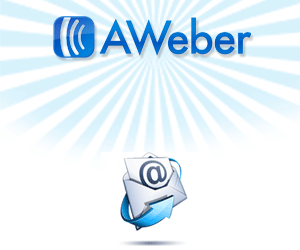Fill in all resume gaps
Listing your professional experiences on a resume can be a difficult task, especially when considering the many elements a resume preparer must incorporate into the document, if it is to adequately serve the purpose it is meant to serve. Items like job titles, time frames, key responsibilities, transferable skills, and other such descriptions and attributes must be included and properly listed where and when appropriate. The process becomes even more difficult when these elements are in an individual’s work history.
Potential employers will not have a way of knowing why there is a three and a half year gap in an applicant’s professional experience just by reviewing his/her resume. Moreover, the employer might wonder if you – in the case where you are the applicant – skipped over one of your past jobs because it does not meet the career objective you listed.
It is also not unreasonable for a prospective employer to assume that you did not work at all during the omitted time frame; so it is not in your best interest to intentionally skip any information in your jobs history. Simply (honestly) explain any gaps. There are a few general rules about resume gaps that could help to guide you through:
Rules of the ‘resume gaps’ road
- Any unaccounted-for time that is shorter than three months does not need to be explained. Having a 60-90 day period between jobs is not very unusual, and often goes unnoticed within the structure of a resume anyway. However, any gaps extending beyond three months should be addressed in your cover letter or an e-mail. Whether you had personal or professional reasons for not working, the gaps in your employment history need to be explained as you don’t want to leave the employer to make their own assumptions.
- Be honest! We can’t stress this recommendation enough. If you are honest with your potential employers, you might not have to worry about them checking your references, doing a background check, or surprising you with questions in an interview.
- Don’t exclude months of your employment from the job listing. You are better off explaining the gaps in your resume than trying to cover them up, and you’ll likely discover that honesty is really the best policy when it comes to your resume.
- If you have held jobs that are not applicable to your career objective, list them on your resume anyway. Rather than create gaps in your resume, explain why you held jobs outside of your chosen field in your cover letter, or in an email to your potential employer. Again, whether the reasons are personal or professional, explain yourself honestly and don’t leave room for assumptions on the part of your potential employer.
- Regardless of the reasons for the gaps in your professional history, it is important that the tone of your cover letter and your resume remain positive. Do not sound apologetic! Life happens and you don’t need to be sorry for taking time off from work for good and/or justifiable reason(s). Be positive! And show your potential employer that you never lost focus on your career.
Diligence, honesty and education pays off
While we all agree that life often takes unexpected turns and understand that there will be circumstances which result in resume, we can always consider the following actions in order to stay competitive in our field:
- Apply our time and experience to volunteer positions, community projects, consulting and/or freelance work.
- Take a class at a community college or at the community center that improves your work-related skills and allows you to interact with people of similar professional backgrounds.
- Read about new developments in your field, get a subscription to a professional publication/magazine, or get the newly published books that discuss changes or improvements in your profession.
Most of all, be honest and stay positive, because you can’t change your work history, so do your best to show your employer that you are a perfect/best candidate for the job by focusing on your experience and your education, as well as highlighting your achievements and your qualifications.


